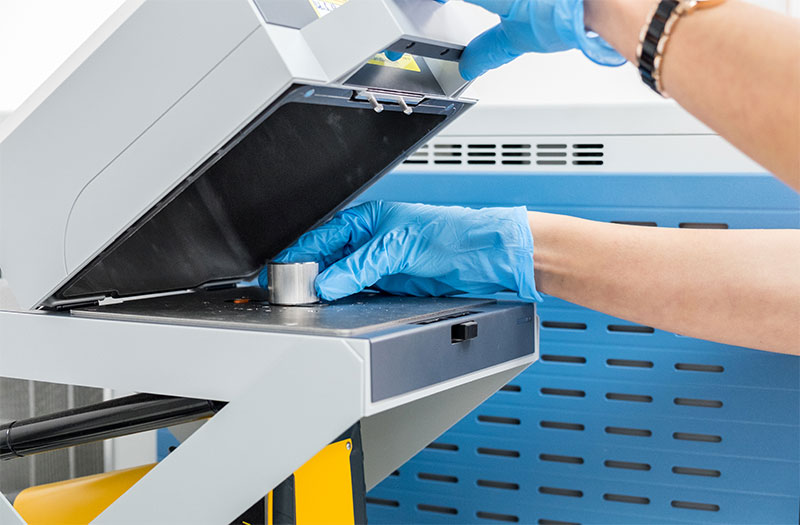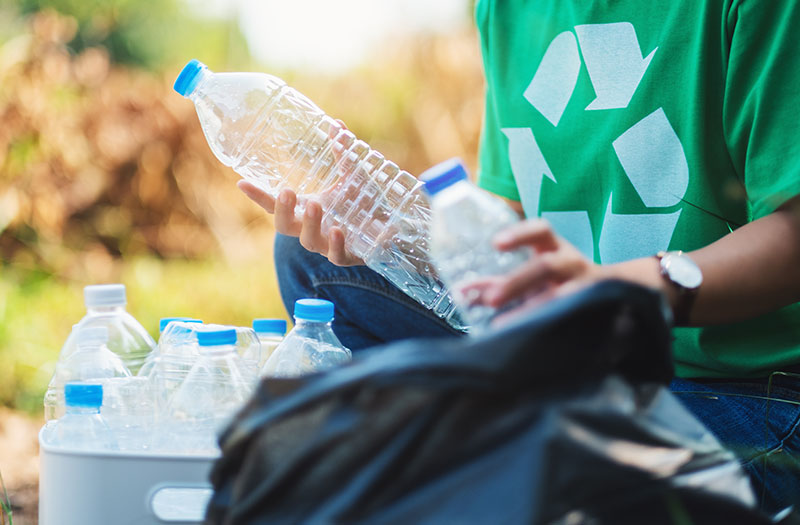8/26
Are all plant-based materials compostable or biodegradable?
The short answer is no, but to properly answer this question, let’s first break down what “plant-based” is. “Plant-based” refers to materials and products that are partially or wholly derived from plants or other renewable agricultural, aquatic, or forestry inputs. That includes natural inputs like algae, corn, hemp, or potatoes, but the opportunities are endless. These inputs are then turned into materials usable in our everyday life – anything from foodservice ware, to medical supplies, to building materials, and even more.
Biobased Testing Methods

“Plant-based” and “biobased” are sometimes used interchangeably. Both biobased and plant-based products are derived from plants and other renewable materials, though “biobased” is often viewed as a more technical term for products demonstrated through a determination of biobased carbon content through standard test methods. ASTM D6866 is one such test method. There is no formal test method for “plant-based” products. Terms like biobased or plant-based do not refer to a product’s end-of-life options – it simply refers to the materials from which it is made.
As we discussed in our last blog post, “biodegradable” is a vague, umbrella term that means a product is designed to degrade as a result of naturally occurring microorganisms such as fungi, algae, and bacteria. “Compostable,” on the other hand, has a much more specific definition. To be considered compostable, products must be able to break down in a certain timeframe in the conditions of an industrial composting facility.
End-of-Life Options
Understanding these parameters can help paint a clearer picture of the different end-of-life options available for plant-based products. Biobased products are not all biodegradable or compostable. Products can be biobased without being biodegradable or biodegradable without being compostable. And while all compostable products are biodegradable, all biodegradable products are not compostable.
Each product is different: some are compostable or biodegradable, and some are recyclable. Manufacturers and consumers alike must be aware of these differences and the intended way to dispose of each product. Not all plant-based products are compostable or biodegradable, and many plant-based products will not naturally decompose if littered or landfilled. Instead, they often need specific conditions to break down properly.

It’s important to remember that recycling is another end-of-life option for some plant-based, including for a number of biobased plastics. For example, biobased, drop-in equivalents to traditional plastic resins, like bio-PET and bio-PE are molecularly identical to the traditional, petroleum-based form, so they can be recycled in the same way.
PBPC believes in the value of bringing awareness to these definitions and the nuances of different disposal procedures. Consumers care about the environment, and want to take advantage of greener, more sustainable options. Supporting education initiatives will empower consumers to support the appropriate end-of-life methods and help transition to a more circular economy. With this information in mind, consumers can see past “greenwashing” accusations and instead fully realize the environmental benefits plant-based products can provide, like reducing the amount of waste in our landfills and lowering methane emissions.
What You Can Do
Ask your legislators to support the Recycling and Composting Accountability Act and the Recycling Infrastructure and Accessibility Act. These bills are an important step toward a greener and more innovative waste reduction and recovery system for our country. Consider adding your voice by clicking the button below. Your support will show lawmakers the importance of improving recycling and composting capabilities in communities across the country. Click here to learn more about the legislation.
We’ve made it easy to ask your legislators to support better recycling and composting infrastructure. Just click the button below and fill out the form.
